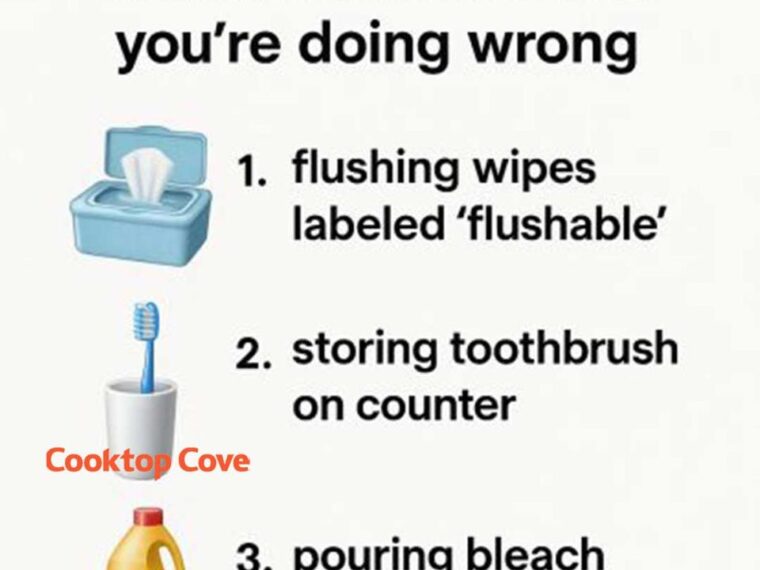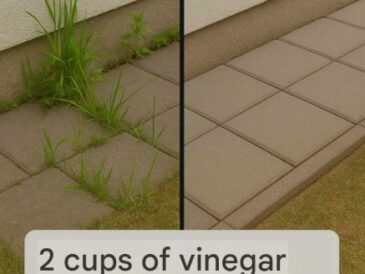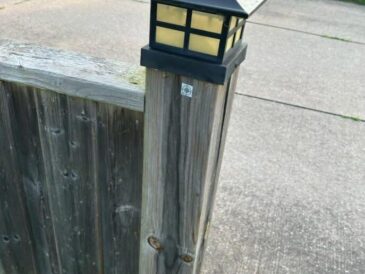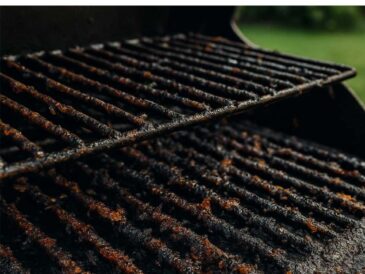The bathroom, a sanctuary of solitude and hygiene, is a place where we carry out our daily rituals without much thought. However, some of our bathroom habits, while seemingly harmless, may actually be detrimental to our health and the environment. Understanding the correct practices can lead to better personal health, increased longevity of bathroom fixtures, and a more environmentally friendly household.
In this article, we will explore ten common bathroom habits that many people are doing incorrectly. From the seemingly innocuous act of storing your toothbrush on the counter to the more impactful decisions like flushing the wrong items, these habits can have significant consequences. Read on to find out what you might be doing wrong and how you can correct these practices for a healthier and more sustainable lifestyle.
1. Flushing Wipes Labeled ‘Flushable’
Despite being labeled as ‘flushable’, many wipes do not break down like toilet paper and can cause significant plumbing issues. A study by the water industry found that ‘flushable’ wipes often take much longer to disintegrate, leading to blockages in pipes and sewage systems. These blockages, often referred to as ‘fatbergs’, can cost municipalities millions of dollars to remove and can cause local flooding and other environmental issues. It’s best to dispose of these wipes in the trash instead.
2. Storing Toothbrush on Counter
Leaving your toothbrush out on the counter might seem convenient, but it exposes the bristles to bacteria and germs, especially if it’s near the toilet. Studies have shown that flushing can send droplets containing bacteria into the air, which can land on surfaces like your toothbrush. To mitigate this, store your toothbrush in a cabinet or use a cover that allows airflow to prevent bacterial growth. It’s also recommended to keep the toothbrush at least 6 feet away from the toilet.
3. Pouring Bleach into Septic
Using bleach to clean your bathroom is common, but pouring it into a septic system can be damaging. Bleach can kill the beneficial bacteria in your septic tank that are essential for breaking down waste. Without these bacteria, your septic system can become clogged, leading to backups and other issues. Instead, consider using septic-safe cleaners that won’t harm the bacterial balance.
4. Leaving the Shower Curtain Open
Leaving the shower curtain open after use might seem like a good way to let it dry, but it can actually trap moisture within the folds, promoting mold and mildew growth. Instead, spread the curtain out fully so it can dry evenly. This not only prevents mold but also helps the curtain last longer.
5. Using Too Much Toilet Paper
Using excessive toilet paper can lead to clogged toilets and increased waste. Most plumbing systems are designed to handle a certain amount of paper, and exceeding this can cause backups. A good rule of thumb is to use no more than 4-5 sheets per wipe, and to flush more frequently if necessary.
6. Ignoring Mold and Mildew Growth
Mold and mildew thrive in humid environments like bathrooms. Ignoring their growth can lead to health issues such as allergies and respiratory problems. It’s important to regularly clean areas prone to mold with solutions that can kill spores, such as vinegar or baking soda. Addressing leaks and improving ventilation can also help prevent mold growth.
7. Not Ventilating the Bathroom Properly
Bathrooms are often the most humid room in the house, making proper ventilation crucial to prevent mold and mildew. Without ventilation, moisture can accumulate, leading to peeling paint, damaged walls, and mold growth. Ensure your bathroom fan is working efficiently, and run it for at least 20 minutes after a shower. If you don’t have a fan, consider opening a window or leaving the door ajar.
8. Using Harsh Chemical Cleaners
While harsh chemicals can be effective at cleaning, they can also damage surfaces and be harmful to your health. Many of these cleaners release volatile organic compounds (VOCs), which can cause respiratory issues and other health problems. Opt for natural or less abrasive cleaners that are both effective and safer for your health and the environment.
9. Skipping Regular Deep Cleaning
Regular deep cleaning is essential to maintaining a hygienic bathroom. Skipping this can lead to the buildup of grime, mold, and bacteria. Aim for a deep clean at least once a month, focusing on areas like grout, behind the toilet, and under the sink. Regular maintenance can prevent larger issues and keep your bathroom looking and smelling fresh.
10. Not Replacing Toothbrush Regularly
Toothbrushes should be replaced every 3-4 months, or sooner if the bristles become frayed. Using a worn-out toothbrush can reduce its effectiveness at cleaning and increase the likelihood of bacteria buildup. Regular replacement ensures your oral hygiene tools remain effective and safe to use.
11. Using the Wrong Towel for Your Face
Using the same towel for your body and face can transfer oils and bacteria, leading to skin issues such as acne. It’s important to use a separate, clean towel specifically for your face, and to replace it regularly to maintain healthy skin. Consider using a softer, more absorbent towel for your face to prevent irritation.




